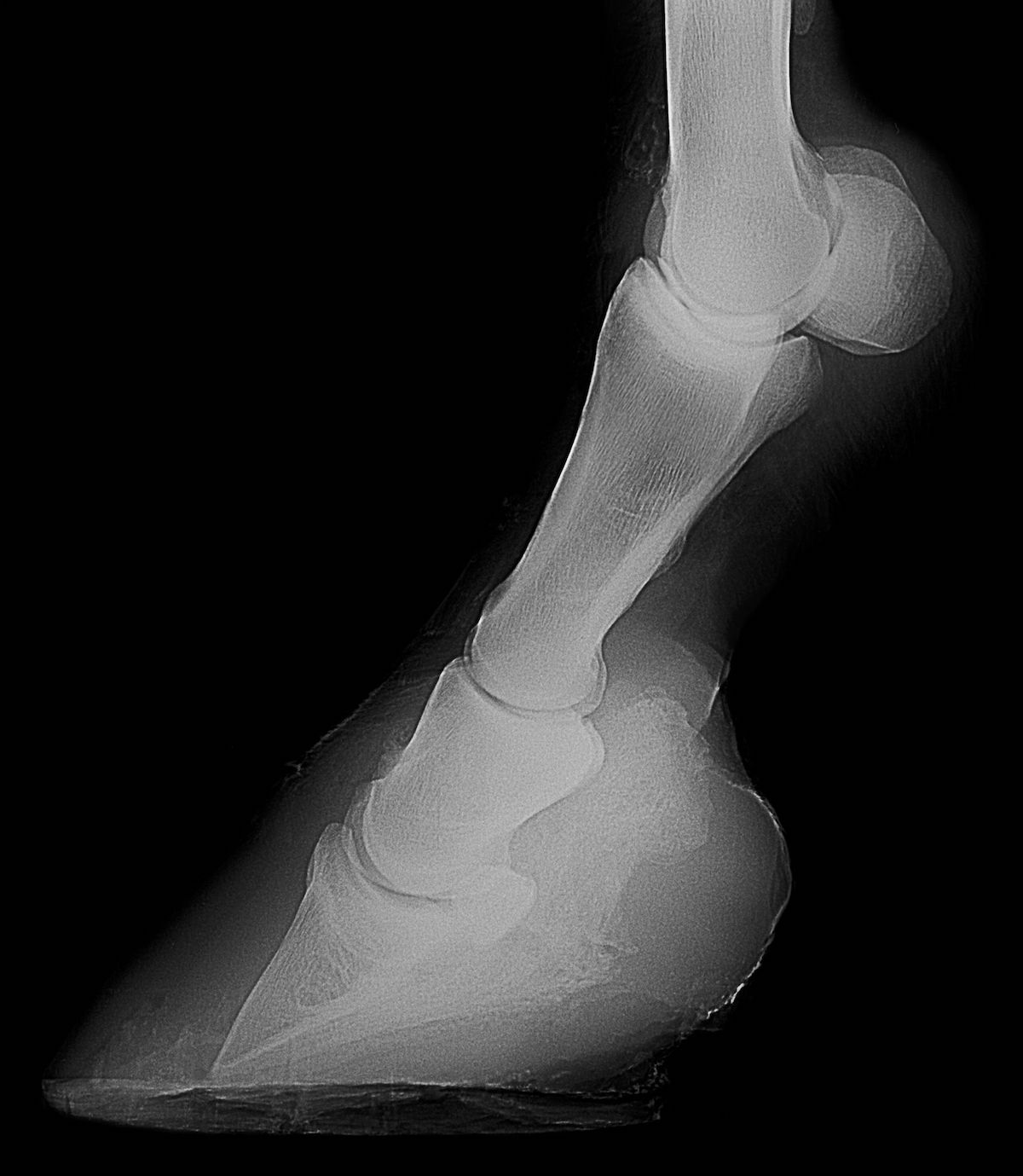
The other form of lameness in horses, neurological lameness, occurs when the horse becomes lame, but there is no immediate cause for it that can be seen upon evaluation. Even damage to the horse’s muscles from something as simple as an injection can result in mechanical lameness. Tendons may stiffen, scar tissues may form, or other issues may cause the horse to stop moving its forward or hind legs properly.


Most forms of mechanical lameness do occur because of a previous injury. The difference between mechanical lameness and other forms of this condition is that the mechanical version does not typically cause pain to the horse. Scar tissue, for example, may build up within a joint and that would prevent the horse from completing a normal movement motion. Mechanical lameness occurs when there is an abnormality which affects the movement of the horse. This may involve treating the affected area, offering painkillers to the horse, and other specific tasks that may be prescribed by the treating veterinarian. When pain is the primary cause of lameness, treating the condition which causes the pain will usually resolve the lack of movement. Horses which are highly active, overweight, or suffer from a metabolic condition may all be at a higher risk of suffering from laminitis.Īdditional causes of lameness that are due to pain include circulatory disease conditions, infections, genetic conditions like HYPP, or age-related conditions like arthritis. Laminitis, which affects the hoof of the horse, is particularly common. Pain that is caused by an injury or an orthopedic disease or condition are the most common causes of lameness. What Are the Causes of Lameness in Horses? It is also one of the costliest health concerns within the equine world, including loss of use and the time it takes to diagnose and treat the condition. It is one of the most common veterinary health issues that is treated in horses, especially those that are involved in racing, competitive events, or recreational riding. It can also be the result of a mechanical dysfunction or be part of a neurologic condition. Lameness in a horse is usually caused by some sort of pain.

Some forms of lameness may only hobble the horse and limit its movement, while severe forms of being lame may cause the horse to remain put. When a horse “goes lame,” it means the horse is unable to walk or maintain a normal stance.


 0 kommentar(er)
0 kommentar(er)
